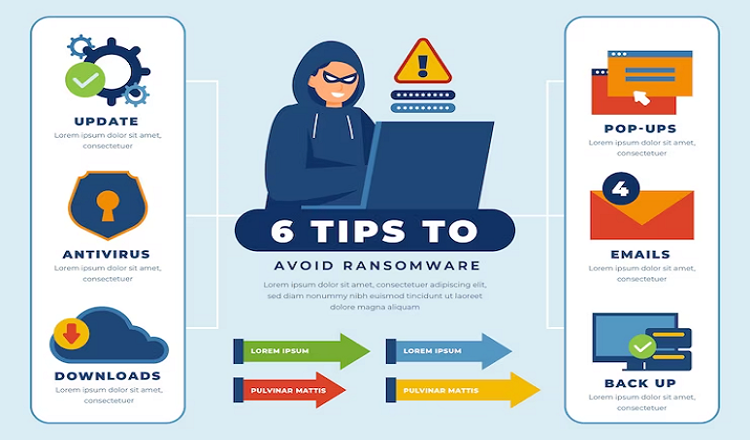One subject that seems to attract people is organised crime; we can’t help but be lured to tales of the mafia, bootleggers, and gangsters. Beyond the glitz of Hollywood films and TV shows, organised crime in the United States has a sordid and frequently brutal past. Organised crime has significantly influenced American society, from the advent of the Mafia to the emergence of contemporary gangs.
Then what exactly is organised crime? In a nutshell, it refers to teams of people that cooperate to commit crimes in order to profit financially. These organisations frequently cross state boundaries and have a big effect on the communities they target. The history of organised crime in the United States is both interesting and upsetting, having existed for centuries. We’ll briefly examine organised crime in the USA’s rise and fall in this blog, from its early days to the present.
Anyone interested in criminology, law enforcement, or even just American history has to understand the development of organised crime in the country. The effects of organised crime on the nation’s economy, politics, and social fabric have been long-lasting and are still evident today. Join us as we examine organised crime’s nefarious underbelly, from its ascent to prominence to its eventual fall, and the effects it has had on American society.
American organised crime is on the rise.
Many people attribute the emergence of organised crime in the United States to Prohibition, the 13-year period during which alcohol was forbidden in the country. Because there was still a large demand for alcohol, a black market developed, and bootleggers came in to fill the void. Al Capone and Lucky Luciano were two of the most well-known organised crime personalities of the time who had connections to these illegal spirits smugglers and distributors.
Communities of immigrants significantly contributed to the growth of organised crime. It was difficult for many immigrants, especially those from Italy and Ireland, to assimilate into American society, and they were frequently barred from mainstream employment prospects. In order to support themselves and their families, many immigrants joined gangs and criminal organisations since organised crime offered an alternative kind of employment. The Sicilian Mafia and the Irish Mob, two immigrant communities that contributed significantly to the development of organised criminal syndicates in the USA, carried with them their cultural traditions.
The USA’s era of organised crime
During the height of organised crime in the USA, the Mafia families rose to prominence and took control of the criminal underworld. From the Chicago Outfit and the Detroit Partnership to the Five Families of New York City, the Mafia was in charge of illegal trades in drugs, prostitution, and gambling. Major organised crime leaders like Al Capone, Meyer Lansky, and Frank Costello rose to prominence during this time as well, becoming household names and symbols of American popular culture.
During this time, organised crime had a huge impact on American culture, gaining vast riches and power that went far beyond their illicit activities. There is a link between organised crime and politics in the USA because it is known that politicians, police officials, and even judges work with organised crime leaders. It was not until the 1960s that the government started to crack down on organised crime with the passage of RICO legislation, as this corruption of the judicial system only helped to increase the influence of organised crime.
The US’s declining level of organised crime
The RICO Act, which was passed in 1970, is largely responsible for the decline of organised crime in the USA. By enabling prosecutors to prosecute whole criminal organisations, including their leadership, with a wide variety of illegal behaviour, this statute gave law enforcement powerful weapons to combat organised crime. The RICO Act also included provisions for the confiscation of assets obtained illegally, thus weakening the financial clout of organised criminal syndicates.
The fight against organised crime by law enforcement also had a big impact on how much it declined. Numerous potent criminal organisations were destroyed as a result of the creation of specialised task forces like the Drug Enforcement Administration and the Organised Crime Section of the FBI. Technology and intelligence collecting developments also made it possible for law enforcement to track and look into criminal activity more efficiently.
Traditional organised crime groups like the Mafia have significantly lost power and influence in the USA as a result of these initiatives. But organised crime has changed and taken on new forms, such cybercrime and human trafficking, creating additional difficulties for law enforcement to address.
The situation of organised crime in the United States today
New organisations that function on a worldwide scale, such street gangs and transnational criminal organisations, have emerged as a result of the current state of organised crime in the USA. These organisations have broadened their criminal endeavours beyond the more conventional kinds of organised crime, such drug and gambling trafficking, and have entered new fields like cybercrime and human trafficking.
The USA’s organised criminal scene has been significantly impacted by globalisation as well. The development of criminal organisations’ unlawful activities has been facilitated by the greater ease of international travel and communication in moving people and products across borders.
Modern organised crime has also been influenced by technology, with criminals using the internet and social media to plan and carry out their illicit activities. It is now more difficult for law enforcement to detect and intercept these operations due to the use of encryption and other cutting-edge technologies, creating significant difficulties for the fight against organised crime in the USA.
Organised crime’s effects on American culture
The effects of organised crime on American society have been extensive and have impacted many facets of American life. Organised crime has a tremendous economic impact, with criminal gangs raking in billions of dollars through illegal ventures like drug trafficking and money laundering. This illegal activity may harm the legitimate economy by distorting market competition and lowering tax receipts, among other things.
American communities are impacted socially by organised crime, particularly in places with high crime and poverty rates. These neighbourhoods might be made more open to the influence of criminal gangs, which would increase crime and violence.
The corruption of law enforcement and the courts is evidence of how organised crime has affected the American judicial system. The public’s trust in the legal system has been known to decline as a result of organised crime groups bribing police officials and judges. Additionally, because of this, it has become more challenging for law enforcement to successfully tackle organised crime, further exacerbated its negative effects on American society.
Conclusion
In summary, the emergence and decline of organised crime in the US has had a profound effect on the country’s society, economy, and judicial system. The advent of organised crime in the USA was influenced by Prohibition, the role of immigrant communities, and the development of organised criminal syndicates. Powerful personalities like the Mafia rose to prominence during the height of organised crime, and their influence on American culture was profound. The RICO Act, law enforcement initiatives, and the demise of classic organised criminal syndicates are all responsible for the decline of organised crime. However, given the current situation of organised crime in the USA, new groups have emerged, and it is impossible to ignore the effects of globalisation and technology on this phenomenon.
The relationship between organised crime and politics in the USA, the effects of organised crime on certain communities, and the development of organised crime in the digital era might all be the subject of further study. Fighting this persistent menace to American society and the rest of the world requires an understanding of the history, effects, and current situation of organised crime in the USA.











